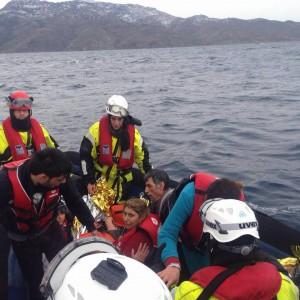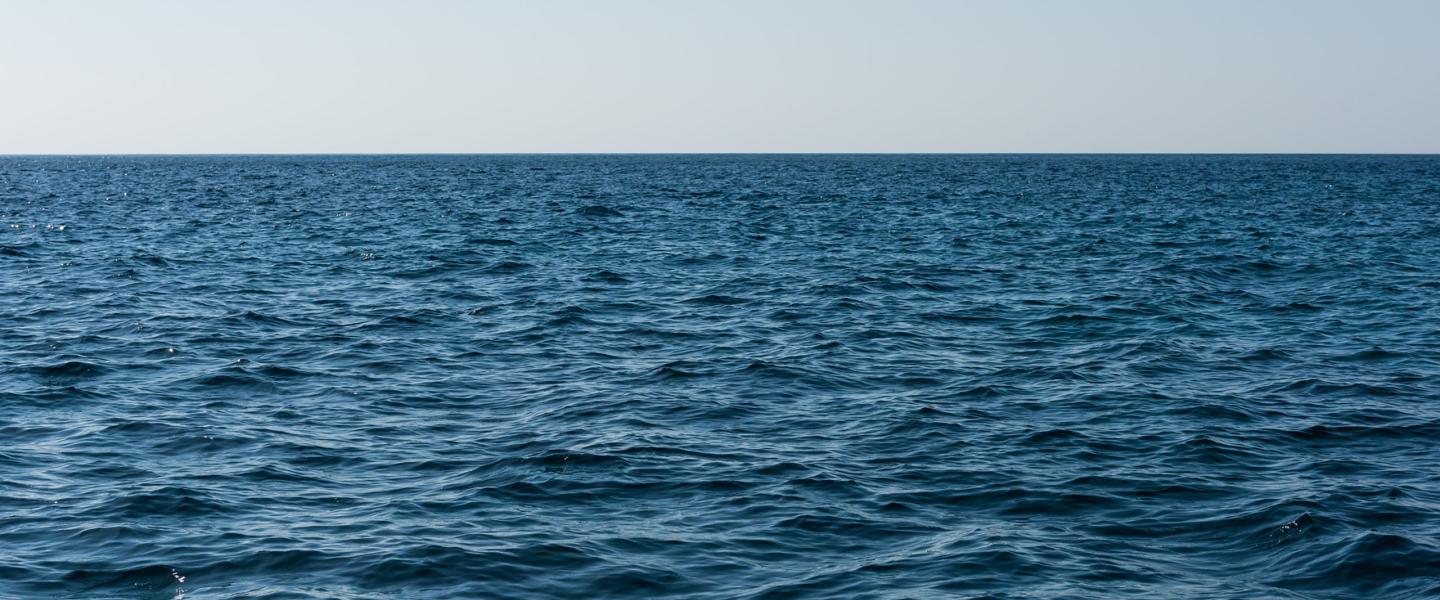
Human Rights at Sea recommends:
NIKOLAS FEITH TAN
While shipmasters have always played a role in search and rescue at sea, the current crisis in the Mediterranean has placed great pressure on the shipping industry. Since the sharp increase in migrants crossing the Mediterranean from North Africa into Europe, which began in 2014, the commercial shipping industry has played a significant role in the search and rescue of migrants.
In 2014, the European Community Shipowners’ Association reported commercial vessels rescued 42,061 people, making up one quarter of the almost 220,000 migrants to cross the Mediterranean last year (Fargues and Di Bartolomeo 2014). In the first five months of 2015, commercial vessels rescued 15,000 people on the Mediterranean. They are saving lives where states fail to – 3,760people died in 2015 alone on the Mediterranean.
Search and rescue operations disrupt commercial routes causing time delays and financial costs. They require ill-equipped vessels and crew to care for large numbers of desperate people, creating health risks for the crew. In one example, a bulk carrier crew of 20 rescued more than 500 migrants who had been at sea for three days off the coast of Libya (Reuters 2015).
The important role played by shipping companies in saving lives at sea raises the question: what are the human rights responsibilities of commercial vessels in search and rescue operations?
The responsibilities of commercial vessels in search and rescue operations
Under maritime law there is a clear obligation of search and rescue on the part of shipmasters, an ancient maritime custom codified in the Safety of Life at Sea Convention (SOLAS). Chapter V, Regulation 33(1) of SOLAS requires shipmasters to render assistance to those in distress at sea without regard to their nationality, status or the circumstances in which they are found. Article 98 of the United Nations Convention on the Law of the Sea (UNCLOS) provides that the flag state of any vessel requires the master to render assistance “in so far as he can do so without serious danger to the ship, the crew or the passengers”.
READ MORE
